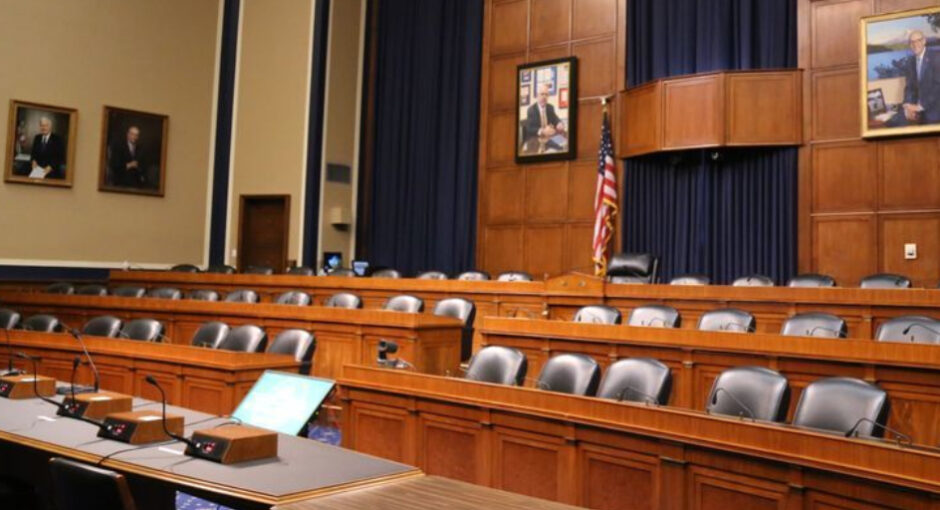The U.S. House Energy & Commerce health subcommittee tomorrow will markup a bill by Vice Chair Larry Bucshon (R-Ind.) to impose significant annual reporting requirements on 340B disproportionate share hospitals “and any other covered entity” that the U.S. Secretary of Health and Human Services specifies.
The announcement late yesterday afternoon is a setback for provider groups that have been urging lawmakers on the committee to stop the bill from going forward. American Hospital Association President Rick Pollack, for example, urged the subcommittee in an AHA blog post Friday “to reject efforts that create significant new reporting requirements for 340B hospitals.” Ryan White Clinics for 340B Access likewise said it told committee staff it does not support the bill.
340B Report Publisher and CEO Ted Slafsky noted that during the first two years of Donald Trump’s presidency (2017-18) when Republicans controlled the House, “dozens of bills to shrink 340B or add new covered entity requirements were introduced. None were voted on in committee and none reached the House floor.”
Tomorrow’s action on Bucshon’s bill, he said, “may indicate there is openness to 340B reform. Nonetheless, the obstacles remain high for final passage with a U.S. Senate controlled by Democrats. Senate Democrats are unlikely to support a bill that they determine to be one sided in favor of the pharmaceutical industry.”
That the bill is headed for a vote also appears to be a defeat for subcommittee Chair Bret Guthrie (R-Ky.), who covered entity lobbyists said strongly opposed marking up bills lacking bipartisan support. Lobbyists representing 340B provider groups say all Democrats on the subcommittee are expected to oppose Bucshon’s bill, H.R. 3290. The subcommittee said it is marking up 17 bills. Most if not all are through to be identical or tweaked versions of the 17 bills discussed during an April 26 hearing on increasing transparency and competition in health care. Hospital groups oppose some of them for reasons other than 340B.
H.R. 3290 appears to be substantially the same as the draft version that the subcommittee released on April 19.
It would require DSH hospitals “and any other covered entity” that the U.S. Secretary of Health and Human Services specifies to report annually for each covered entity and off-campus outpatient department data including:
- number and percentage of patients who received 340B drugs, broken down by Medicare eligibility, Medicaid enrollment, and no insurance
- total charity care costs
- total costs of serving Medicare, Medicaid, and uninsured patients minus total payments for such services
- net revenue for 340B and how it was used.
HHS would have to publish the data it collects annually in searchable form on 340B OPAIS, the 340B program database, “in a manner that shows each category of data reported in the aggregate and identified by the specific covered entity submitting such data.”
HHS would have 180 days after the enactment date to issue an interim final rule to carry out these new requirements.
Bucshon’s bill also would let HHS audit covered entity records to determine how entities use their net income from 340B drug purchases. Entities would have to keep and provide records as HHS deemed necessary. HHS has been urging Congress to pass legislation that would give it the authority to audit on how 340B covered entities are using their 340B savings. The Biden administration has not publicly taken a stand on the Buschon bill but Slafsky says it would probably not support it as currently written, particularly due to the likely strong opposition the bill will receive from Democrats.


